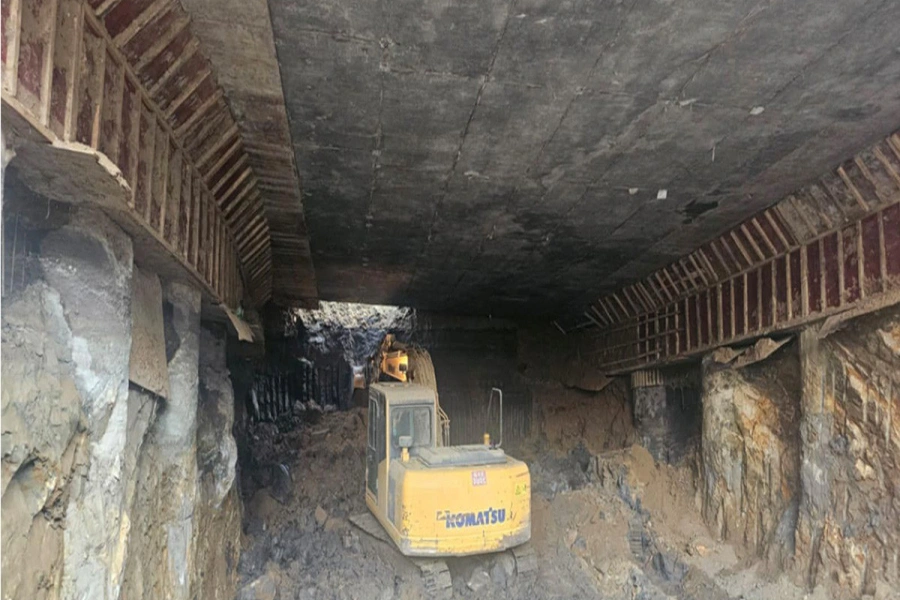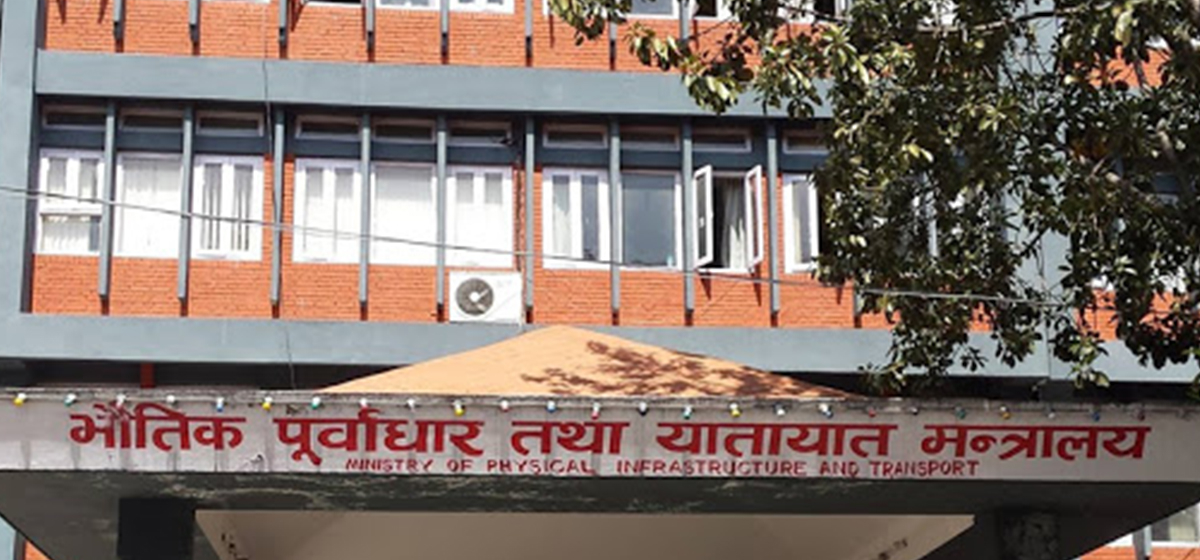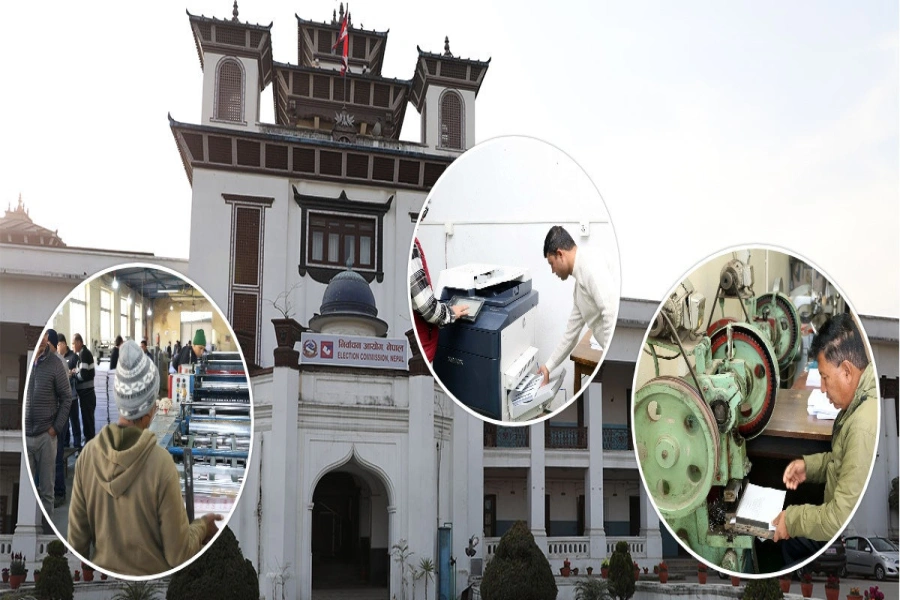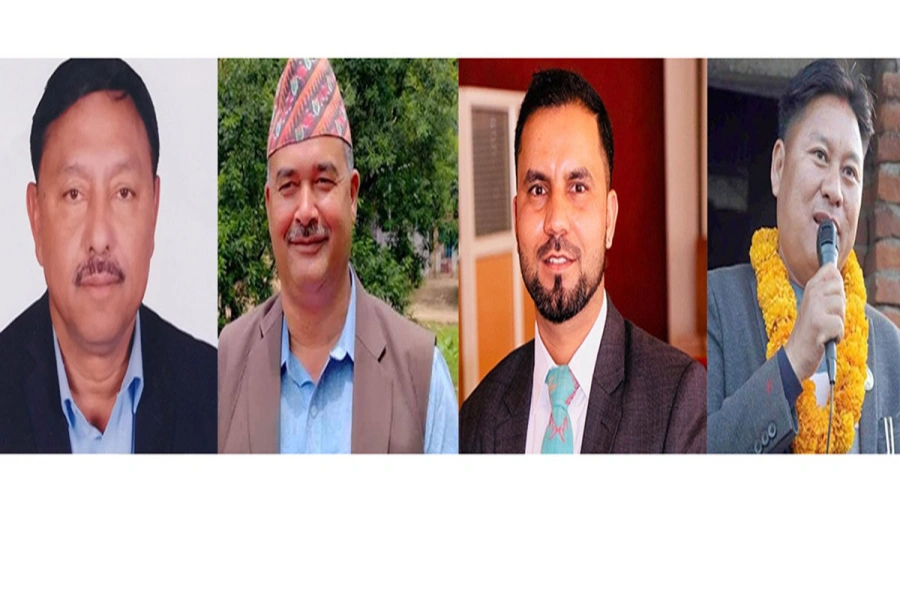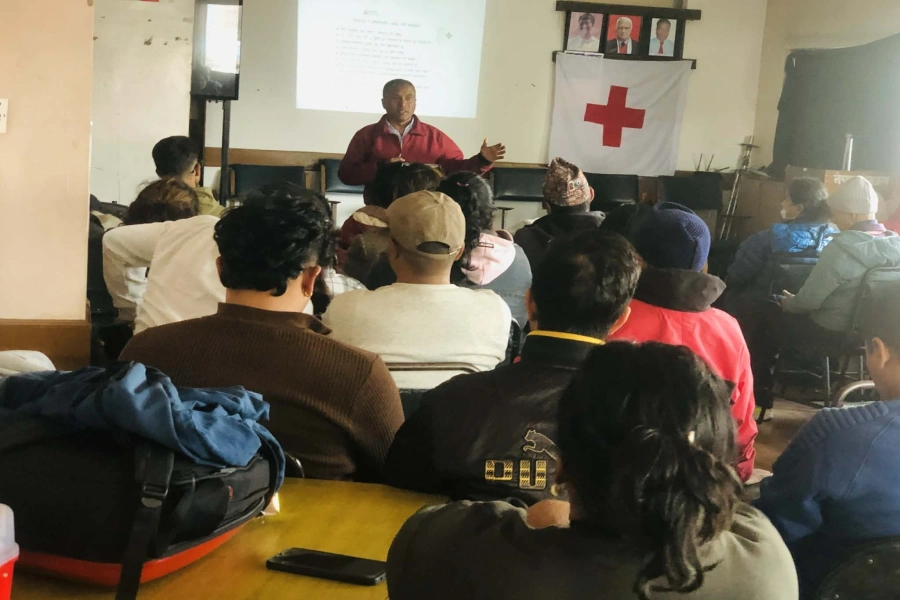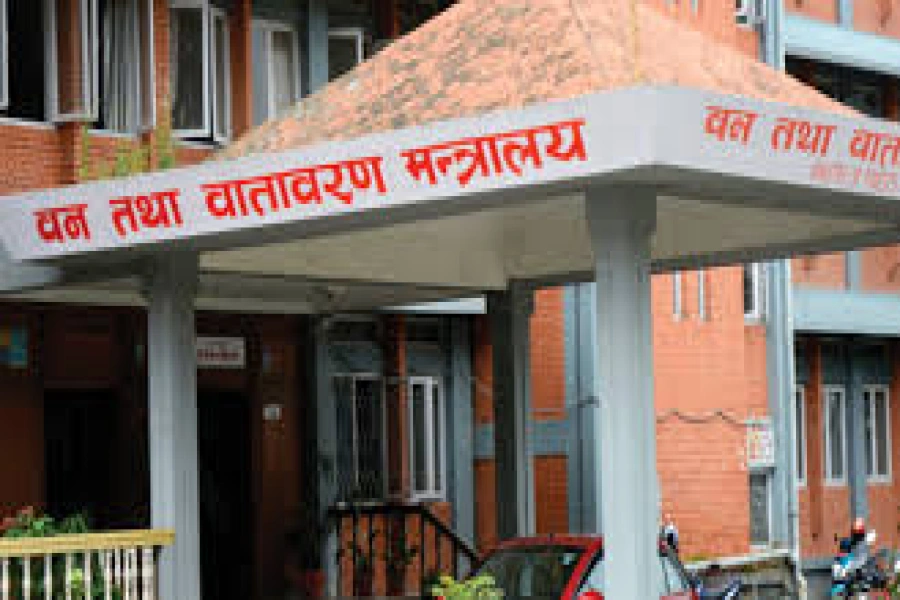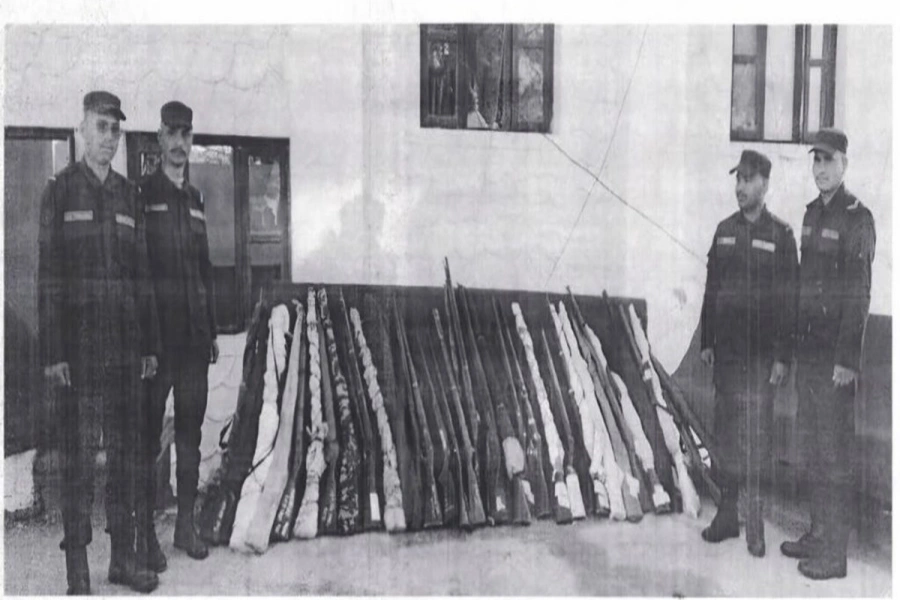Around 43,000 Americans commit suicide every year. The access to health care of Americans has been deteriorating for over a decade
Truth, it is said, can often be stranger than fiction. The pain inflicted by real life is no stuff of imagination. It is not a horror movie to be watched and forgotten. This agony has to be suffered and endured. Many do not have the capacity to bear the torment. They call it a day, either literally or metaphorically.
But we in the Third World generally believe that only we are fated to suffer. We conveniently assume that people in the affluent countries of the West—flush with money, civil liberties and rights—are in a state of perpetual ecstasy. No wonder, our youth make a beeline for even low and menial jobs in not only the famed West but even infamous West Asia (Middle East) wallowing in its petro riches. Such is the lure of money.
But man does not live by bread alone. There is more to life than assured plateful of delicacies, sturdy roof over the head, car and other amenities, many of which, by our standards, are luxuries. With all this should happiness be far behind? It should not! Yet it is.
The United States, every aspiring youngster’s dream destination, has emerged as a prime example of the dichotomy between affluence and happiness. The April 17 issue of the reputed journal Psychiatric Services has revealed that about 8.3 million American adults—about 3.4 percent of the US population—suffer from serious psychological distress (SPD). It has been reported, “The condition combines feelings of sadness, worthlessness and restlessness hazardous enough to impair an individual’s well-being… SPD was previously estimated to be 3 percent or less of the population.”
George Clooney's 'Catch-22' reflects on 'insanity' of war

The study revealed that around 43,000 Americans commit suicide every year and that access to health care has been deteriorating for over a decade. Nationally, there is a shortage of mental health professionals.
The Great Recession of 2007 proved to be a rude shock for the US. The economic meltdown shook the foundations of the American society. The cocooned psyche of the world’s mightiest economy got deeply scarred. Males bore the brunt as they traditionally viewed themselves as wage earners and providers. Over time, the traumatic effect has only gained in intensity. It has aggravated into a festering sore.
Readers should note that the relevant study was based on national health data conducted by the US Centers for Disease Control and Prevention in which more than 35,000 households across the US participate each year. No less important is the fact that the survey cut across ethnic and socio-economic groups in all states of the US. The shocking condition is not confined to the historically disadvantaged and underprivileged groups like the Hispanics, Afro-Americans, Native Americans (Red Indians) or new immigrants.
According to news media reports, the study found that between 2006 and 2014, access to health care deteriorated for the SPD afflicted people compared to people without emotional distress. It was found that nearly 10 percent distressed Americans in 2014 did not have health insurance that would ensure access to a psychiatrist or mental health counselor. The corresponding figure for 2006 was below 9 percent.
Health care experts assert that the super rapid proliferation of the internet and social media has only aggravated people’s “anxiety and angst”. The time to socialize, share joys and woes has been curtailed. The mind has become a pressure cooker without any vent for letting off steam. Mental breakdown is inevitable.
But there is more to it than meets the eye. Emotional and mental distress in the West, particularly in the US, is direct outcome of precipitous decline in family values and erosion in social bonding. Today, divorce rather than partnership defines matrimony. Social, business and political bigwigs take pride in the number of divorce papers they have signed. Film stars, celebrities and sports champions are way ahead in this race. Obnoxious spats over alimony, estates and child custody have become a regular feature.
Mammon has for long been the presiding deity of the American society. But Mammon extracts its pound of flesh and it does it in your life time. Families turn dysfunctional. Children have scant respect for parents whom they have seen abandoning them to acquire new spouses and dispatching their ageing ones to old-age homes. Why wonder if they too carry on with the tradition?
The social fabric in the US has been torn asunder and with that has been blown to bits one’s emotional and mental equilibrium. This is the reason why the psychiatrist’s couch has become the favorite haunt of many a well-heeled and upwardly mobile Americans. The small town American, who is still wedded to sensible social values, has fared better emotionally. So have the Asian immigrants. They have retained and nurtured their social networks.
Blind pursuit of consumerism has also stifled the eternal support base of savings. The avaricious and irresponsible corporate world has only fueled this all-consuming fire. This is, of course, besides the earth-shattering business scams which keep occurring in the US. How can one forget the sub-prime lending scandal which triggered off the Great Recession of 2007? And now the victims are paying with their sanity and mental balance.
There is much for us in Nepal to learn from the follies of the First World. The great Gorkha quake of April 2015 was far more jolting for us than the Great Recession emanating from the US. Post-traumatic stress disorder continues to rock the Nepali psyche. What a pity that the victims have been left to their own devices to heal their mental scars! We just don’t have the means, understanding or the will to do anything on this score. Human life continues to remain cheap in the Third World.
Our monumental heritage still lies in rubble. Billions of dollars in aid had arrived. But our ravaged deities, places of faith and worship and infrastructure remain largely unattended. The foreign donors have started crying foul.
But even as Nepal’s soul wails in anguish our powers that be continue to create big and small quakes on their power chessboard. Are they waiting for us to go mad? That will be a sad day. And perhaps a very bad day for those who caused it!
The author is a poet and writer and also Chairman of BLC and Basant Chaudhary Foundation. Views are personal.
feedback@basantchaudhary.com



